Are brain disorders a prerequisite for ‘normal’ evolution?
Researchers weigh in on the mounting evidence for a paternal-age effect in autism and what it might reveal about evolutionary mechanisms underlying the disorder.
Researchers weigh in on the mounting evidence for a paternal-age effect in autism and what it might reveal about evolutionary mechanisms underlying the disorder.

Certain mutations may hijack the normal mechanisms of sperm production, leading to an enrichment of mutant sperm in older fathers, and to the paternal-age effect in autism.
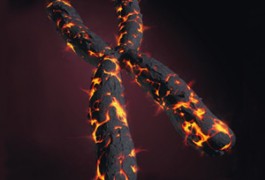
The genome appears to be littered with so-called ‘hotspots,’ areas that are prone to single-letter mutations, according to research published 21 December in Cell.
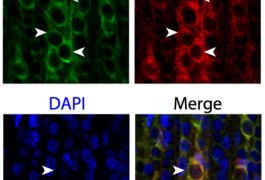
The protein missing in people with fragile X syndrome may activate the expression of a signaling protein dubbed NOS1 during prenatal development of brain regions involved in language and social skills, according to a study published 11 May in Cell.
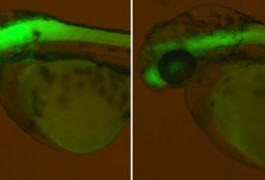
A gene that changed rapidly after the human genome diverged from that of Neanderthals plays a critical role in brain development, according to unpublished results presented Thursday at the International Congress of Human Genetics in Montreal, Canada.

A new review suggests that sleep problems in neurodevelopmental disorders don’t just reflect underlying weaknesses in neural circuitry; they actively intensify these deficits.
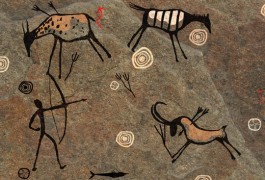
Cognitive traits associated with autism may have helped our ancestors survive, according to a fascinating new study. But those traits are no longer an advantage.
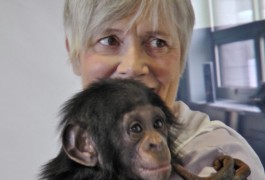
Similarities between us and our closest ape relatives — chimpanzees and bonobos — have shaped our understanding of what it means to be human. The latest surprise is Teco, a young bonobo who shows behaviors that look suspiciously similar to those associated with autism.
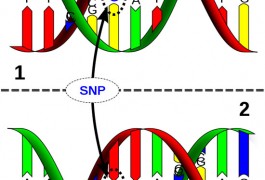
Spontaneous mutations that change a single DNA base account for a large proportion of cases of unexplained mental retardation, according to a study published in the December Nature Genetics.

Researchers have mapped unique identifiers in the regions around human genes that are at risk for duplication or deletion, allowing precise sequencing of nearly 1,000 genes for the first time, according to a paper published today in Science.